From Toronto Star by Josh Rubin April 2, 2024
Province’s budget spends $31 million to battle unregulated operators — an estimated 53 unlicensed stores in Toronto alone.
The Ontario government is getting serious about cracking down on grey market pot shops — but whether they’ll be successful or not is another question.
The province announced last week that it was giving an additional $31 million in funding over three years to the Provincial Joint Forces Cannabis Enforcement Team to crack down on grey market cannabis sales in the province, both in bricks-and-mortar stores and online.
“The government is committed to combatting the illegal cannabis market to ensure the integrity of the regulated private retail model and address the significant health risks associated with illegal cannabis products that do not meet government safety standards,” the provincial government said in announcing the funding as part of its budget.
According to City of Toronto estimates, there are 53 unlicensed cannabis stores operating within city limits and 215 licensed outlets.
While it’s unclear whether it was related to the provincial announcement, a number of grey market dispensaries in Toronto were raided last week, including at least one location of the Mississaugas of the Credit Medicine Wheel chain, and at least two locations of Cannabis and Fine Edibles (CAFÉ).
A frustrated Ken Hughes, founder of the Mississaugas of the Credit Medicine Wheel chain, blamed licensed competitors for the apparent crackdown.
“I think this is probably from complaints and pressure from other stores,” said Hughes, who questioned whether governments even had the right to control Indigenous-run grey market stores.
Hughes says the stores are exercising an inherent Indigenous right to do business on their traditional territory.
“I think the big companies are lobbying to get the Indians under control. I know there are a number of people who really aren’t liking it,” said Hughes.
CAFE didn’t reply to several official requests for comment, but a staff member at one downtown location said the store had been raided and closed last week, but reopened after just three hours.
Hughes added that the College St. Medicine Wheel store reopened two days after the raid, after staff were able to restock the shelves.
“From what I understand, they seized the cannabis products, or most of them. They left the tobacco products. They left papers,” said Hughes of the raid.
Toronto Police spokesperson Stephanie Sayer wasn’t able to say whether there’s been an increase in enforcement recently, but said police don’t usually investigate the stores unless there’s been a complaint.
“When a report is made to Toronto Police about an illegal dispensary, it is investigated, and any decision to proceed with charges is based on the findings of that investigation. We also work with the City, as brick and mortar shops could also be subject to bylaw, permit and zoning infractions,” Sayer said.
Executives in the licensed cannabis industry applauded the increased funding for stricter enforcement.
“These concrete investments by Ontario to target illegal online sales of cannabis are welcome and timely,” said Rick Savone, chair of the Canadian Cannabis Council, an industry association representing licensed cannabis producers and retailers. “Young people, in particular, are being targeted by this criminal activity. Every step toward protecting consumers from these low-quality and unreliable products will help to bring stability and resilience to the regulated producer group.”
The additional provincial funding could make a significant dent in the grey market, said Omar Khan, a spokesperson for High Tide which operates 58 Canna Cabana stores across Ontario and 167 across Canada.
“It’s not a magic bullet, but it’s a significant investment,” said Khan. “I’m optimistic that this will make a difference.”
In an emailed statement, Rick Klein, CEO of licensed producer Canopy Growth, also praised the funding.
“This is good news for legal cannabis businesses who ensure adult consumers have access to safe, regulated products while also creating high-quality jobs and economic growth in the province,” said Klein.
The continued existence of grey market dispensaries, said Klein, “endangers consumers and especially puts youth at risk.”
Hughes, however, bristles at the idea that grey market stores — particularly ones run by the Medicine Wheel chain — are unsafe.
“We have licensed producers on the reserve that follow stricter guidelines than Health Canada. So to say that there are no rules being followed, they have no idea,” said Hughes, a member of the Mississaugas of the Credit First Nation who lives on the Six Nations reserve.
And, says Hughes, if there is a crackdown happening, he’s got no doubt that First Nations-run stores will bear the brunt of it. Still, he warns, they’re not disappearing any time soon.
“I was a big activist for hunting rights, and they harassed us the same way,” said Hughes. “This is my thing: Everyone’s just got to get used to it, because this is our right, and we’re going to continue to exercise it as long as we exist.”
Josh Rubin is a Toronto-based business reporter. Follow him on Twitter: @starbeer.

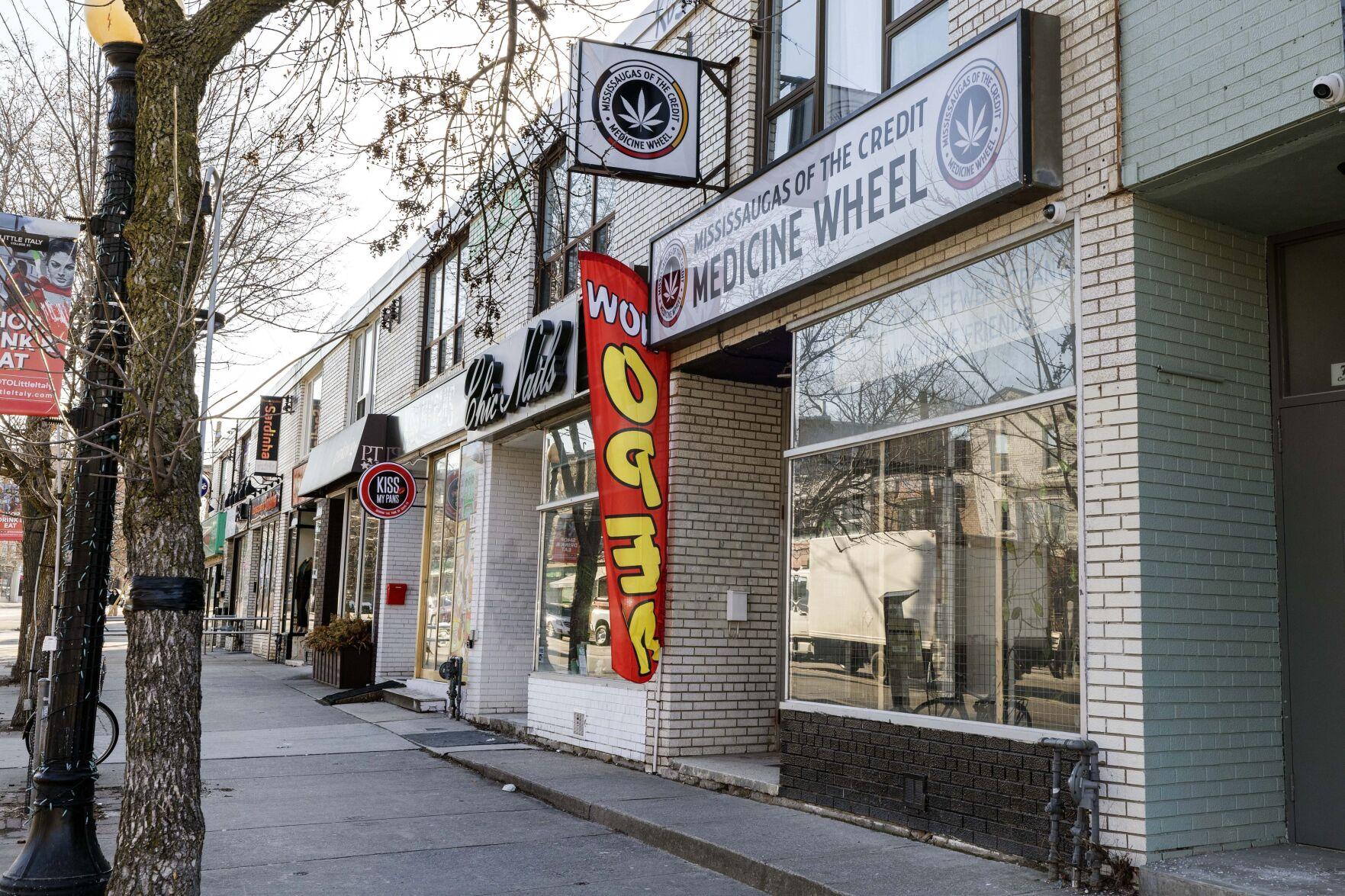








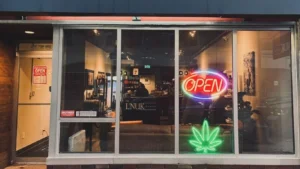
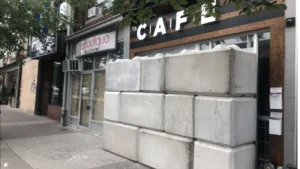
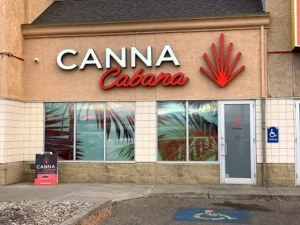


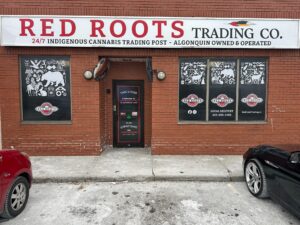
Comments are closed.